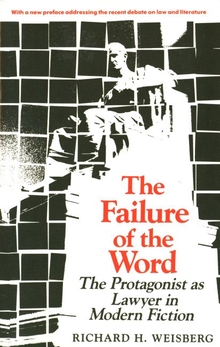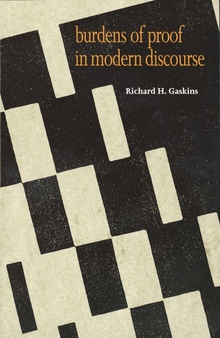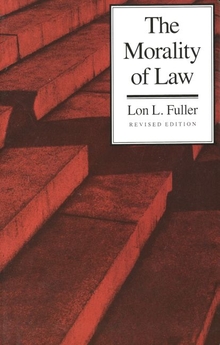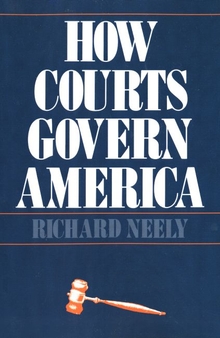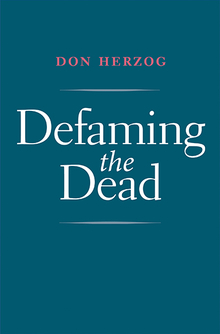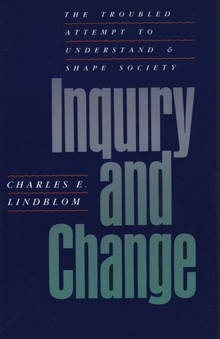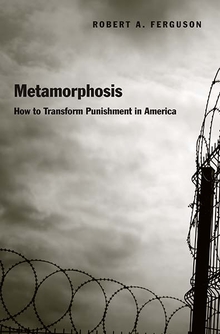The Failure of the Word
WARNING
You are viewing an older version of the Yalebooks website. Please visit out new website with more updated information and a better user experience: https://www.yalebooks.com
The Protagonist as Lawyer in Modern Fiction
Richard H. Weisberg
The cruel power of misdirected words, artfully structured but spiritually empty and bearing the stamp of law or legalistic reasoning, is a persistent theme in the modern novel. Richard Weisberg, who has written extensively on both literature and law, explores the role of legalism and its abuses in eight major novels of the nineteenth and twentieth centuries. Beginning with Dostoevski and moving by way of trenchant analyses of Flaubert and Camus, Weisberg culminates his argument in a brilliantly revisionist reading of Melville’s Billy Budd.
In each of the novels treated, Weisberg sees a verbally gifted central character relying on wordiness to avoid or distort previously revealed truths. He argues that the malaise Nietzsche called ressentiment goads these characters to verbalizations that do violence to others and, ironically, indict their very creators. He identifies the legalistic theme as the major mode of iconoclasm in modern fiction and the source of its holocaustic vision. Writers, he reflects, viewed with profound skepticism their culture’s tendency to substitute complex narrative formalism for earlier, absolute approaches to justice. In this, Weisberg concludes, their works anticipated the jurisprudential discourse of today.
“The Failure of the Word is a creative, provocative, and learned work, written with style and feeling. Weisberg brings to bear on his core themes (the legalistic proclivity and ressentiment) a wide body of knowledge and thought in law and philosophy, literary history and theory.”—Robert L. Jackson, Yale University
Publication Date: September 10, 1989

